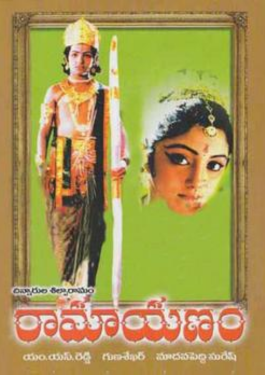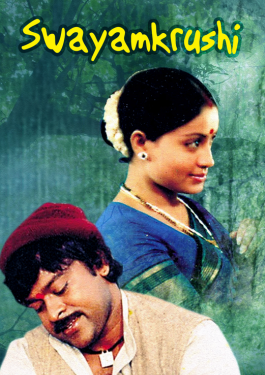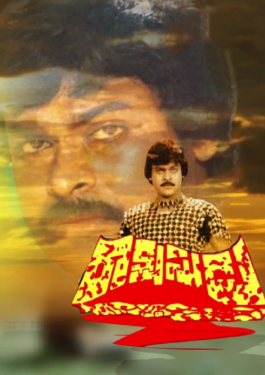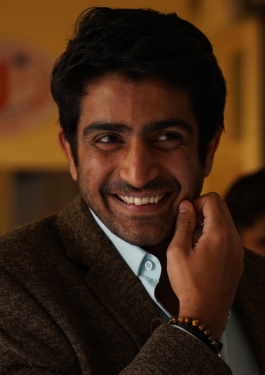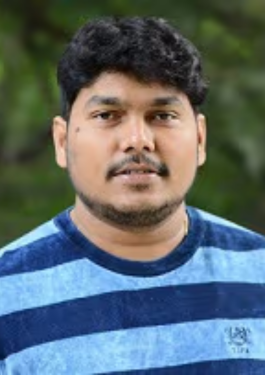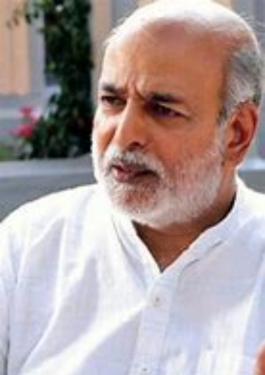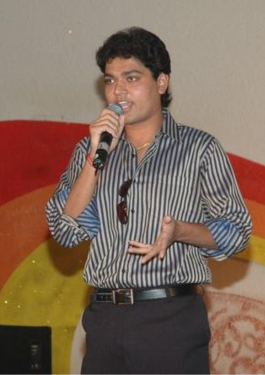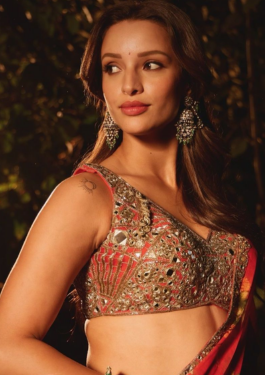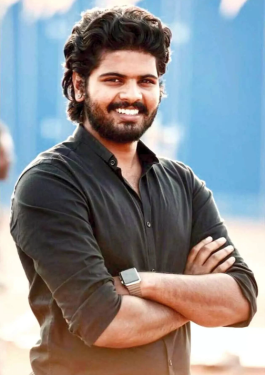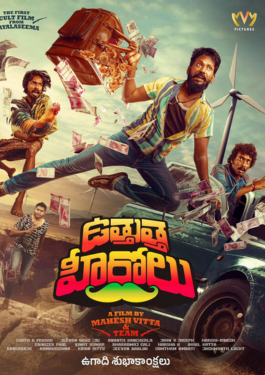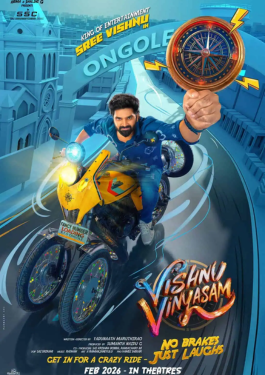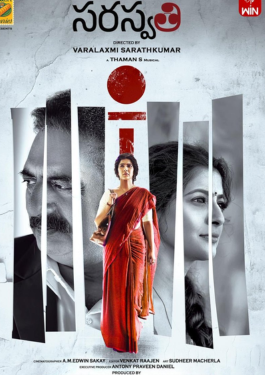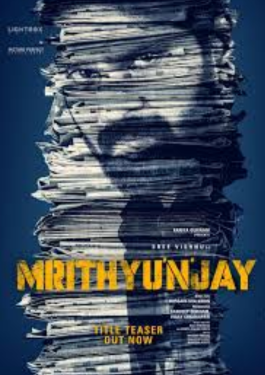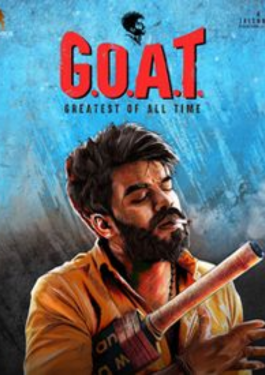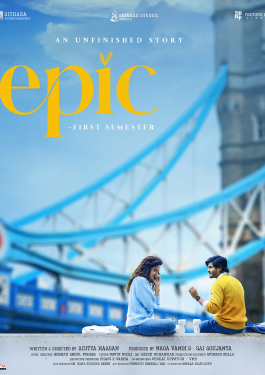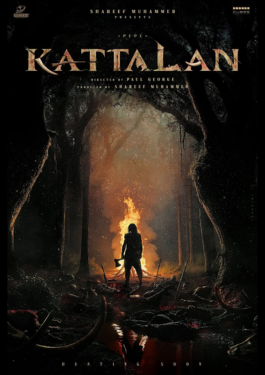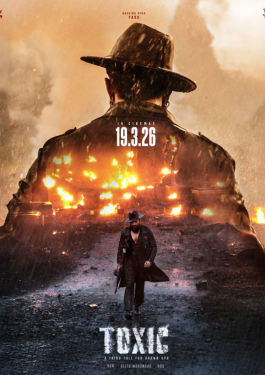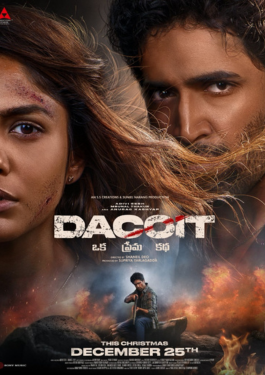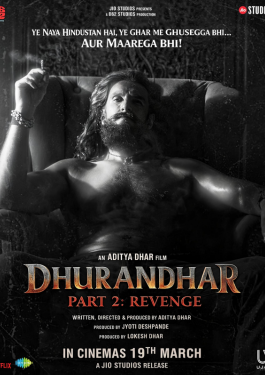- September 5, 2023 / 01:20 PM ISTByFilmy Focus
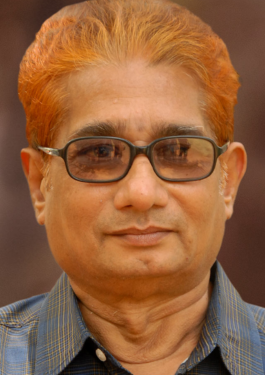
M. V. S. Haranatha Rao
Biography:
M. V. S. Haranatha Rao, born on July 27, 1948, and passing away on October 9, 2017, was a renowned figure in Telugu cinema known for his multifaceted contributions as a playwright, scriptwriter, and actor. His career was marked by remarkable achievements, including his work as a dialogue writer for over 150 films. Some of his notable cinematic creations include “Pratighatana,” “Anna,” and “Ammayi Kapuram,” which earned him five Nandi Awards.
Haranatha Rao’s journey in the film industry commenced under the guidance of the acclaimed filmmaker T. Krishna. He played pivotal roles as a story and dialogue writer for several award-winning films, including “Swayamkrushi” and “Sutradharulu.” He even showcased his acting prowess in movies such as “Rakshasudu” and “Swayamkrushi.” What set his dialogues apart was their progressive nature, intended for the betterment of society.
Haranatha Rao’s passion for theater arts was nurtured from a young age, and he began participating in stage dramas as early as his third standard in school. His father, Rangacharyulu, worked as a clerk, and his mother was a skilled carnatic music professional. Together with his father, he attended mythological dramas, and when his mother was transferred to Ongole, he continued his education at Sarma College.
In Ongole, he met Koteswari, who later became his wife. Koteswari, a government school teacher, supported Haranatha Rao in all aspects of life as he traveled between Ongole and Chennai/Hyderabad to achieve a balance between work and family. They were blessed with three children, two sons, and a daughter.
Haranatha Rao’s foray into playwriting began with “Rakta Bali” (Blood sacrifice). He shared a strong friendship with T. Krishna from their college days and collaborated on numerous stage plays. After witnessing dramas in Vijayawada during a stage celebration, he was inspired to delve into profound research and created a play titled “Jagannatha Ratha Chakralu” (The wheels of Lord Jagannatha’s chariot). This masterpiece explored the philosophical concept of divinity and garnered critical acclaim from figures like Kodavatiganti, Gora, and Acharya Aatreya. Although he received offers to enter the world of cinema, he chose not to do so at the time.
Haranatha Rao’s play “Kanya Vara Sulkam” received recognition as the best drama by the Andhra Pradesh Cultural Affairs Department. “Kshira Sagara Mathanam” (Churning of the mythological ocean) earned him the Sahitya Academy Award. In addition to his writing, he also directed and composed music for some of his plays.
In 1980, when the Andhra Nataka Parishat in Rajamandri organized competitions for stage plays, Haranatha Rao’s four plays clinched an impressive 20 out of 25 awards.
In summary, M. V. S. Haranatha Rao was a multifaceted talent in Telugu cinema, excelling as a playwright, scriptwriter, actor, and director. His extensive contributions to the industry and his impact on Telugu theater and cinema are highly commendable.
More Details
| Name | M. V. S. Haranatha Rao |
|---|---|
| Date of Birth | 27/07/1948 |
| Date of Death | 09/10/2017 |
| Birth Place | Guntur, Andhra Pradesh |
| Current Residence | Ongole,Andhra Pradesh |
| Religion | Hindu |
| Nationality | Indian |
| Height | 175 CM |
| Hobbies | Writing, Listening Music |
| Father | Rangacharyulu |
| Mother | Satyavathi Devi |
| Spouse | Koteswari |
| Children | 3 |
| Educational Qualification | Graduate |
| College (s) | Sarma College |
| Debut Movies | |
|---|---|
| Language | Movie Name |
| Telugu | Pratighatana |
| Awards List | ||||
|---|---|---|---|---|
| Year | Award | Category | Movie Name | |
| 1985 | Nandi Awards | Best Dialogue Writer | Pratighatana | |
| 1987 | Nandi Awards | Best Dialogue Writer | Idaa Prapancham | |
| 1989 | Nandi Awards | Best Dialogue Writer | Bharata naari | |
| 1994 | Nandi Awards | Best Dialogue Writer | Anna | |
| 1995 | Nandi Awards | Best Dialogue Writer | Ammayi Kapuram | |

